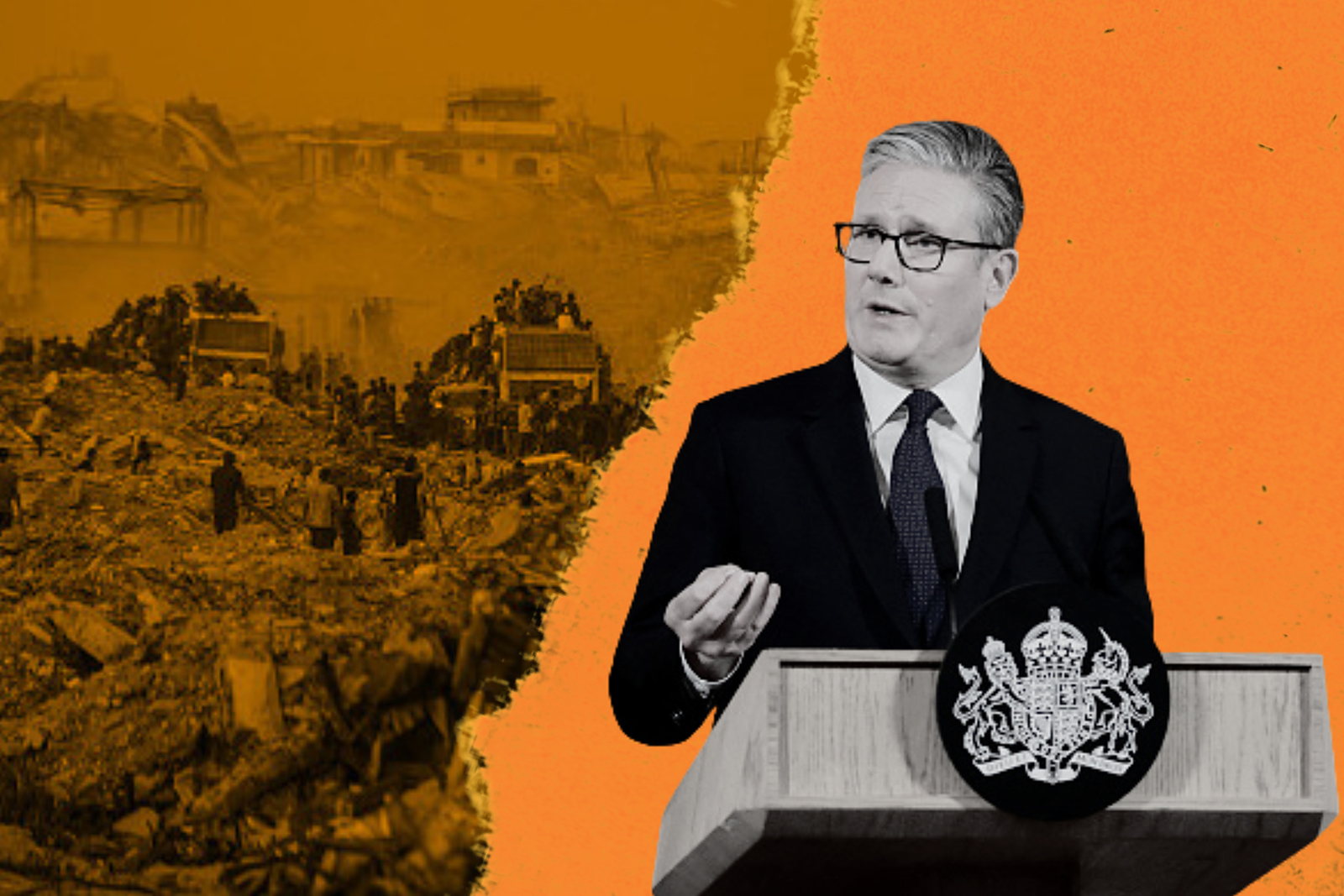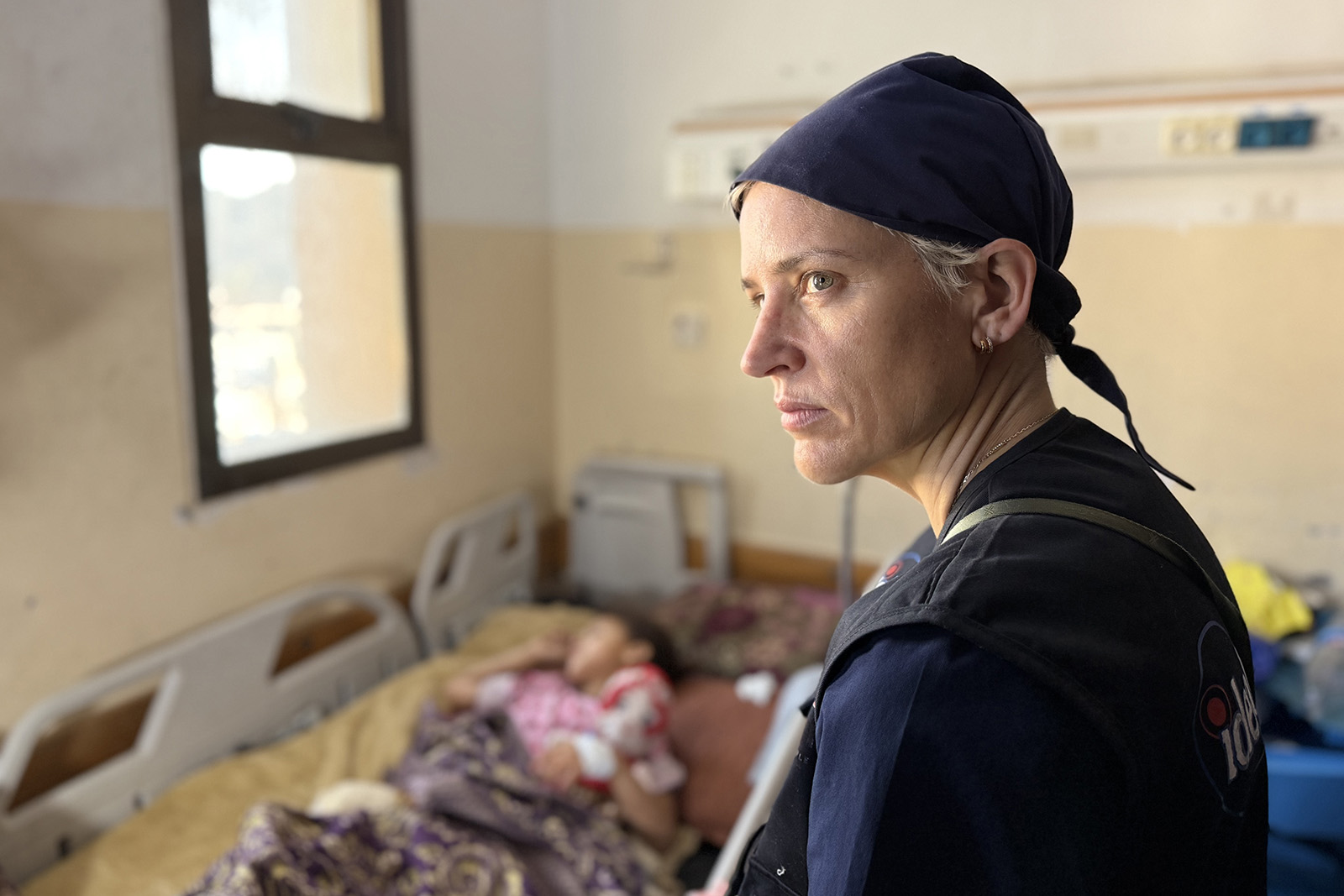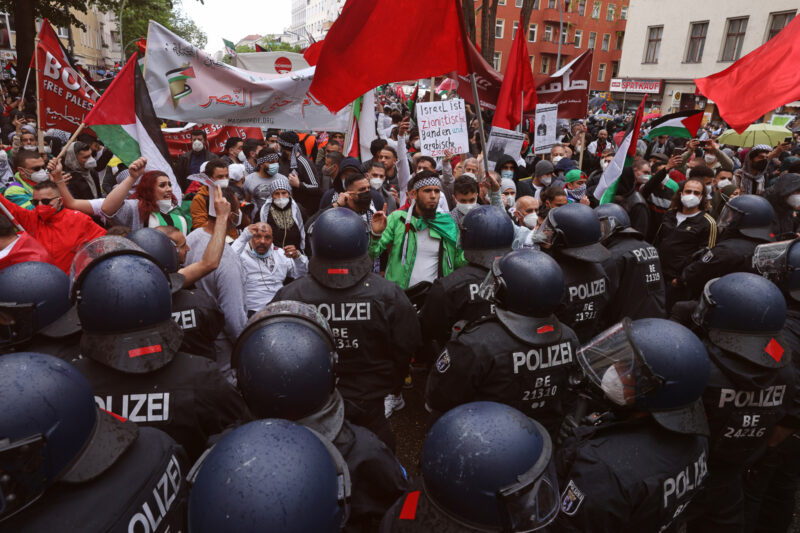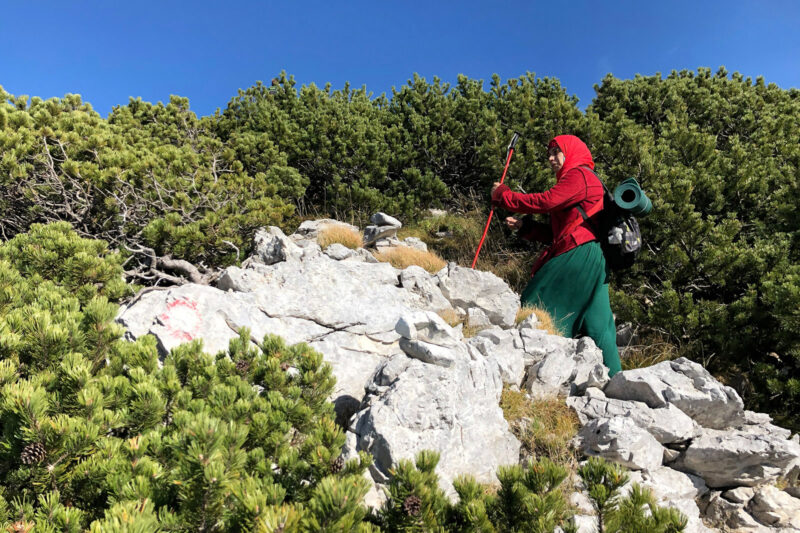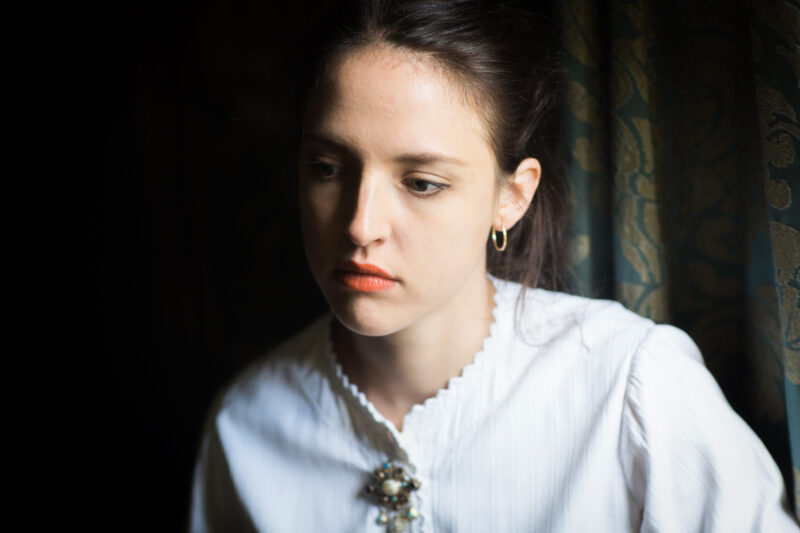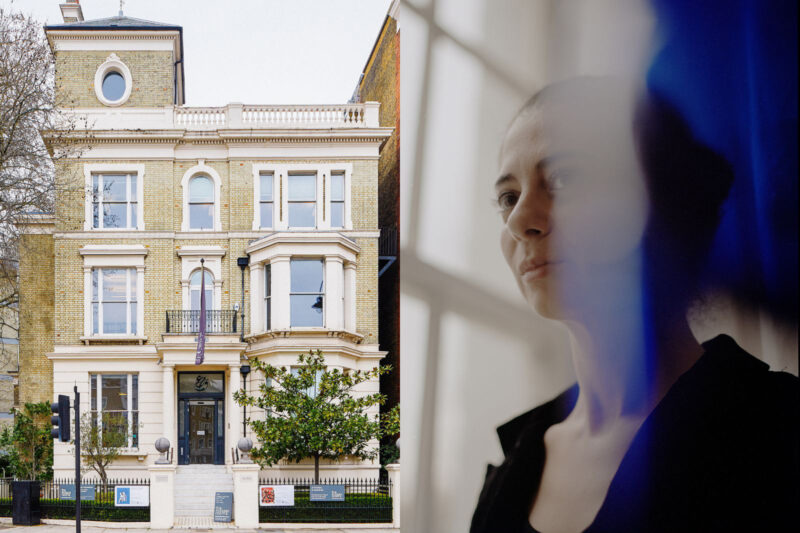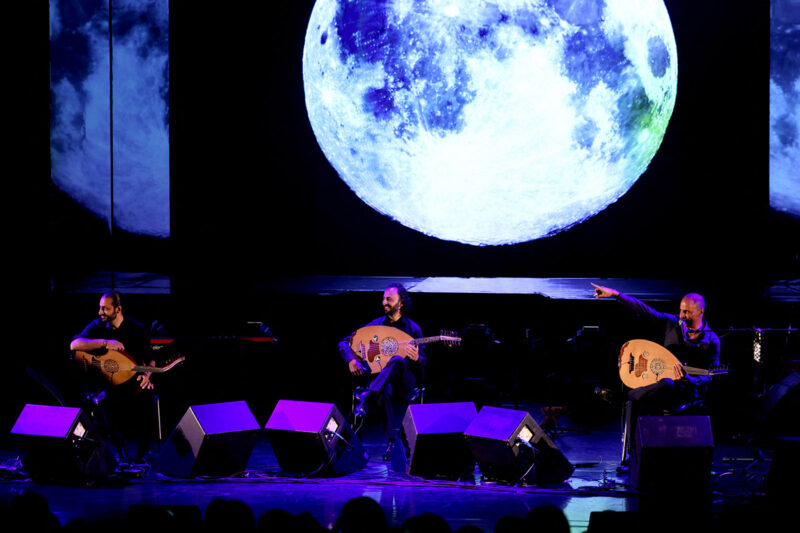The UK’s recognition of Palestine must be followed by action
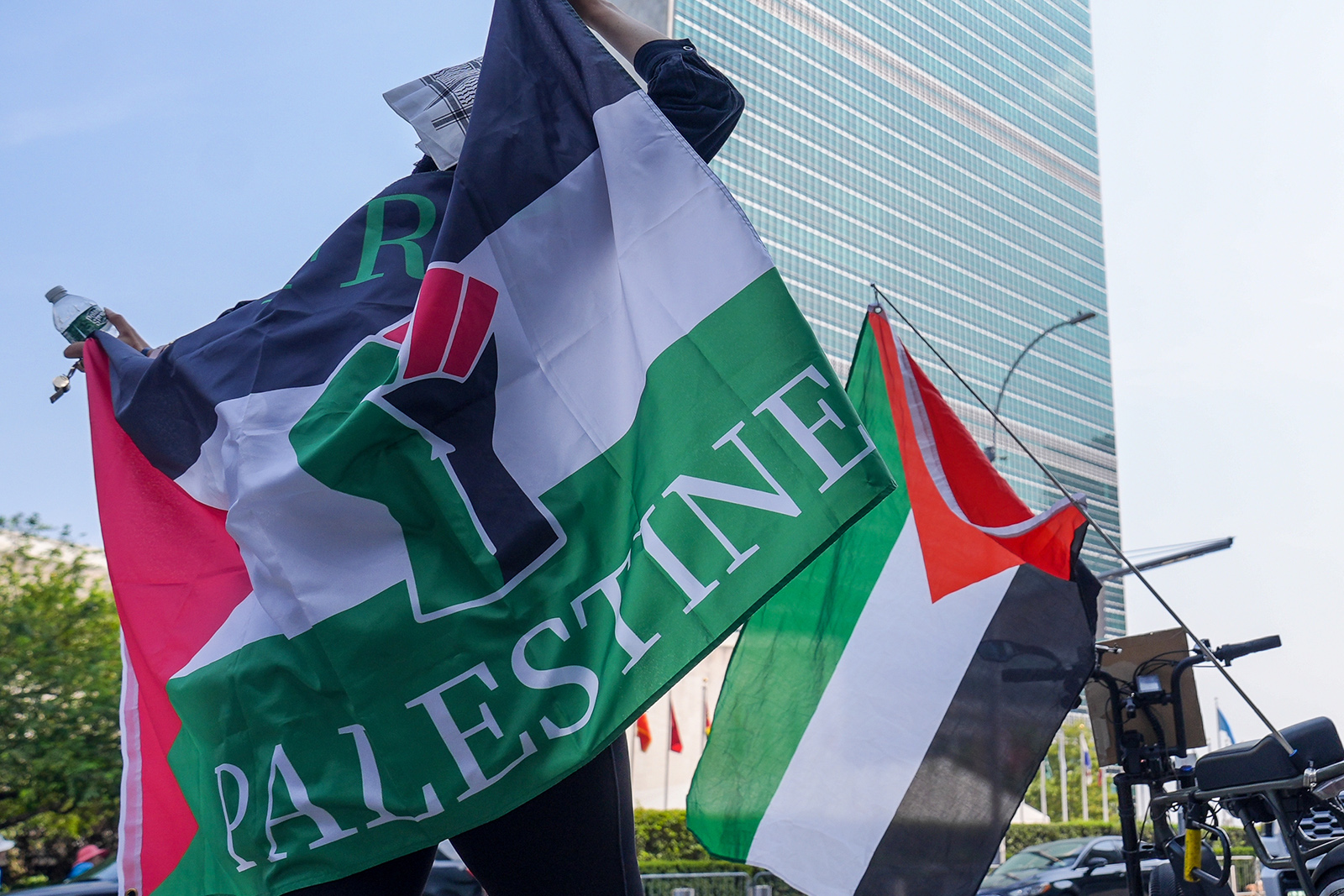
Unless it is accompanied by halting arms sales to Israel, demanding accountability for war crimes and supporting reconstruction, this gesture could be another hollow promise
For decades, Palestinians have been told that our existence is conditional: on politics, on negotiations, on waiting for a moment that never comes. Suddenly, the country I now call home — the very country that once helped erase Palestine from the map — will say that we exist.
As a Palestinian living in London, the UK’s decision to recognise the state of Palestine is not a distant diplomatic move to me. My family is still in Gaza. My parents and brothers have been searching for shelter in the overcrowded south for days, without success. My sister is trapped in Gaza City after soldiers phoned her directly, telling her they were going to “bomb everywhere”. My niece, Juri, was killed months ago. Recognition cannot bring her back, nor can it shelter my family tonight — but it does say, finally, that their lives matter.
To be Palestinian is to live in a state of contradiction. We know who we are, and yet the world has spent decades pretending we do not exist. Every map that erased us, every statement that insisted on negotiations before acknowledging our peoplehood, has been a denial of reality. The UK’s recognition — long overdue, long withheld — is more than symbolism. It is an admission that we were never a bargaining chip, never a footnote in someone else’s history, but a people with a rightful place in this world.
And yet, I cannot celebrate without grief. Recognition comes at a time when Gaza is in ruins, when tens of thousands of Palestinians have been killed, when starvation has been used as a weapon, when my family has lost everything. My parents’ home is gone. My siblings’ homes are gone. Even if Palestine is recognised on paper, their lives remain in limbo, their suffering uninterrupted. The UK’s recognition arrives too late for so many.
Growing up in Gaza, I was taught that dignity mattered more than almost anything else. My father, born in the village of Huj before his family was expelled, carried that lesson with him through war and occupation. Even when his home was under threat, he refused to leave. Recognition matters because it restores a fragment of that dignity — a reminder that the world can no longer look us in the eye and say we are less than human.
Living in the UK adds another layer to this moment. For years, I have had to watch politicians roll out red carpets for Israeli leaders while ignoring the destruction of my family’s lives. I have sat in broadcast studios being asked to justify my people’s right to survive, treated as though compassion for Palestinians were an optional stance rather than a moral necessity. Recognition is the UK’s way of finally saying: we see you, and we admit what we once denied.
But recognition is not the end of the story. My fear is that it will be treated as a moral gesture without material consequence. It does not, by itself, stop the bombs falling on Gaza or end the occupation in the West Bank. Unless it is followed by action — halting arms sales to Israel, demanding accountability for war crimes, supporting reconstruction — it risks becoming another hollow promise, another way of saying “we care” without changing anything.
Still, I cannot deny the emotional impact. For Palestinians in the UK, recognition is not an abstract legal act. It is a validation of who we are. It means I can raise my son in this country knowing that both sides of his identity are recognised: British and Palestinian. He will not grow up hearing that his heritage is a matter for negotiation, that his people’s existence is provisional. Instead, he will know that his homeland is acknowledged by the place he calls home.
This recognition also reopens a painful history. It was Britain’s Balfour Declaration in 1917 that promised a land that was not theirs to give away. It was Britain’s mandate that oversaw the dispossession of my grandparents’ generation. To have the UK now, at long last, say the word “Palestine” with recognition is to hear history bending — not enough to repair the damage, but enough to matter.
I keep thinking of my sister’s voice on the phone, trembling as she explained that she could not leave her building because there were no taxis, no safe passage, no escape from the drones. Recognition cannot answer her when she asks me: “Where should we go?” It cannot give her shelter. But it can tell her — and the world — that her life has value, that she belongs to a nation the world must reckon with.
For me, this is not a moment of triumph. It is a moment of mourning intertwined with acknowledgement. Recognition is too late for Juri, too late for the countless families buried under rubble, too late for the generations who died waiting. But it is not meaningless. It tells us that we were never wrong to insist on our existence, never wrong to say we belonged to a nation called Palestine.
So when the UK recognises Palestine, I will not cheer. I will sit with the weight of everything we have lost and the faint flicker of dignity that recognition brings. It is a reminder to the world that Palestinians are here, that we have always been here, and that no amount of denial can erase us. And it is a reminder to the UK that its responsibility did not end in 1948 or 1967 or 2023 — it continues now, in what it chooses to do beyond words.
Recognition cannot undo the destruction of Gaza. It cannot bring back the dead. But for people like me — Palestinian and British — it says something simple and profound: we are seen.
 Newsletter
Newsletter


